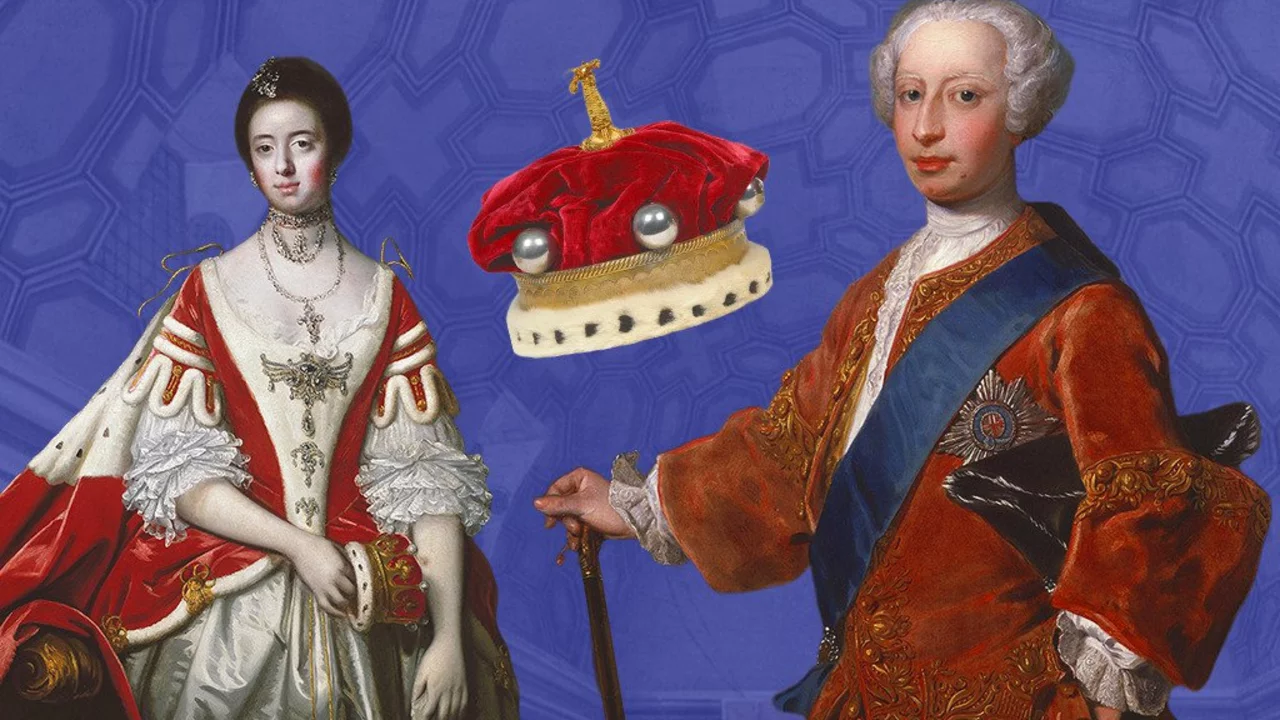Earls: What the Title Really Means
Ever wonder why you hear the word "earl" in movies or history books and think it sounds fancy? It’s not just a fancy word – an earl is a real rank in the British peerage system, sitting right below a duke and above a viscount. In plain terms, an earl is a noble who traditionally owned land, collected taxes, and helped the king keep the country running smoothly.
Most people associate earls with castles, old coats of arms, and grand family trees. While that image is partly true, the day‑to‑day life of an earl was often about managing farms, settling disputes, and raising troops when needed. The title came from the Old English word "eorl," which meant a warrior or nobleman. Over time it turned into the formal rank we know today.
A Quick History of the Earl
Back in the early Middle Ages, England was a patchwork of small kingdoms. Kings needed trusted people to rule over regions on their behalf, and they chose earls for that job. These early earls were basically regional governors, each controlling a shire or group of shires. Their power was so big that some earls could challenge the king’s authority – think of the famous Earl of Northumberland who led a rebellion in the 14th century.
When the Norman Conquest happened in 1066, the new rulers kept the earl system but tweaked it. The Normans gave the title to their own followers, mixing French and English traditions. By the time the Plantagenet dynasty took over, earls were a well‑established part of the hierarchy, and the title started to be handed down through families instead of being appointed for life.
The title survived the Tudor and Stuart eras, even as the power of the monarchy shifted. In the 19th and 20th centuries, many earls lost large estates due to taxes and changing laws, but the rank stayed on the books. Today you’ll still hear about earls in the House of Lords, though most of them no longer own the massive lands their ancestors did.
Earls in Today’s World
So what does being an earl mean in the 21st century? Mostly it’s a ceremonial title that comes with a bit of history and a place in the UK's peerage system. Some earls still sit in the House of Lords, influencing legislation and taking part in national debates. Others use their title to promote charitable causes, preserve family heritage, or run tourist attractions like historic homes and gardens.
Even if you’re not a British citizen, the word "earl" pops up in pop culture a lot. From the TV series "The Crown" to video games that let you play as a medieval lord, the title adds a sense of gravitas and intrigue. That’s why you’ll see it in headlines, memes, and even sports commentary – like when a rugby team from the Earl’s county scores a winning try.
If you think about it, the title of earl still matters because it connects us to a long line of history. It reminds us how societies were organized, how power was shared, and how traditions evolve. Whether you’re reading a biography of an 18th‑century earl or watching a modern drama, the role offers a window into both the past and the way we think about leadership today.
Bottom line: an earl isn’t just a fancy name in a history book. It’s a living piece of the British peerage that still shows up in politics, culture, and everyday conversation. Next time you hear the word, you’ll know it carries centuries of responsibility, land, and a dash of old‑world charm.
